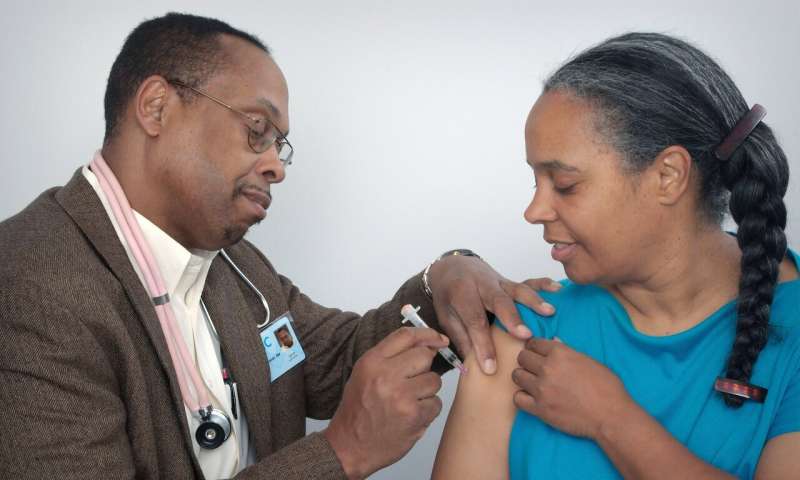
A big talking point this past week was the temporary suspension of the Oxford vaccine, one of the most promising under development, due to a potential adverse reaction. This was a real blow to some people who were basing much of their future hopes on the development of a vaccine sooner rather than later. Disappointments like these, although only temporary as it turned out, are why focussing all of your efforts on an early effective vaccine outcome is dangerous and really not helpful, either to your psyche or to more immediate public health measures. Here is why.
Vaccines take a long time to develop
Creating a new vaccine usually takes years not months, even at the best of times. At the beginning of the pandemic it was estimated that it would take at least 18 months to develop a safe and effective vaccine. Even this timeframe was optimistic as it will be the world record by long way. The previous fastest time for a vaccine to be developed was about four years and Ebola took five and a half. And while the best minds in the world are working on this and lots of money is being thrown at the problem, there is still lots we don’t know about the virus and how it works. And there has never been a successful vaccine created against any coronavirus.
Vaccines need to be safe and work effectively
There are some promising trials out there but all have an extremely long way to go, despite what some world governments are saying. Vaccines have to be safe, effective and produce a protective effect that lasts. This is a delicate balance and one that can’t be rushed. If we try to hurry this up, short cuts may be taken and we don’t want the “cure” to be worse than the disease. We have to be patient and give the experts the time and space to get it right.
Developing a vaccine is one thing…
Let’s say one of these promising options pays off and we get a vaccine that appears to be up to the task. We will then need to manufacture enough to distribute to a large enough percentage of the population to truly get this under control—that is billions of doses. This process will take a long time and a LOT of money. This why millions of doses of the vaccines that are currently undergoing trials are already being manufactured speculatively—i.e. just in case they work. Governments, including our own, are pouring billions of dollars into this process with no guarantees that they are backing the right horse. However, if the vaccine is successful, those that back that horse will have first access to it. Unfortunately, this may mean that the third world will be last on the list. Not a happy thought.
A COVID-19 Vaccine will not necessarily be a “miracle cure”
Many are predicting the first vaccines will only have 50% efficacy. This level of efficacy means that you as an individual are not bulletproof but your individual risk is lower because spread of the disease will be disrupted. Many of you will have heard of the term “R0” (R-nought) or the Reproduction number), if only from watching Kate Winslet’s character explain it in the movie “Contagion.” A 50% effective vaccine will significantly reduce the R0—in other words it will significantly reduce the number of people that the infection will be passed on to—as about 50% of those individuals will be immune through vaccination (assuming they are all vaccinated). This will have a huge impact but it does not mean you as an individual will be fully protected. You will still need to be “COVID Safe”—practice physical distancing, good hygiene and probably isolate and get tested if you develop symptoms—for the foreseeable future even after vaccination. COVID-19 is going to be with us for a long time yet and we need to learn to live with it.
The way ahead
The good news is that the Oxford vaccine is far from done and the suspension has now been lifted. Suspending trials when someone has an adverse effect is absolutely the safe thing to do, and it gives me great faith in the processes the researchers are following (despite the intense public pressure). This type of thing happens all the time with trials—its just that there is not usually this amount of publicity surrounding it. Even if more adverse effects do occur and the trial has to be permanently suspended, there are lots of other candidates out there. We just need to be patient.
Source: Read Full Article
